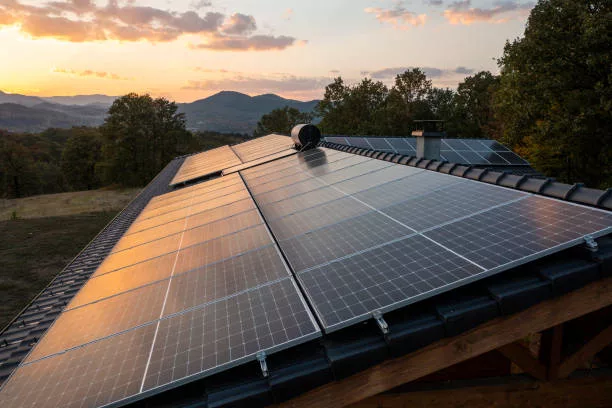The landscapes of solar energy deployment are shifting across the globe, shaped by the innovative strides and research milestones achieved by institutions like the National Renewable Energy Laboratory (NREL). With a steadfast commitment spanning more than two decades, NREL recently unveiled a transformative high-resolution solar timeseries data set that promises to redefine how power systems are planned and solar energy projects are executed in regions such as Africa, Eastern Europe, and the Middle East.
The potent combination of meticulous research and collaboration has yielded invaluable insights for a diverse group of stakeholders, encompassing national governments, the academic sphere, and the sprawling realms of the private sector. This wealth of solar data resides within the user-tailored Renewable Energy Data Explorer (RE Data Explorer), a testament to NREL’s drive to push solar energy capabilities to new heights.
Enhancing Energy Strategies with USAID Collaboration
USAID’s instrumental partnership has been crucial in galvanizing clean energy initiatives alongside countries like Tanzania and Ukraine. NREL’s direct engagement with these regions, buoyed by USAID‘s support, has uncovered and addressed distinct challenges that impede renewable energy progression, such as the scarcity of dependable, comprehensive resource data. This collaborative enterprise has not only facilitated the development of an extensive data set but has also charted a course for a more resilient and decentralized energy future.
The Power of Precise Data Collection and Accessibility
The RE Data Explorer emerges as a beacon of geospatial analysis tools, offering public access to customizable renewable energy data that integrates seamlessly with analytical tools and aids crucial decision-making in project development and energy planning. NREL’s recent endeavor brought together data from 2005 to 2022, utilizing the European Union‘s Meteosat satellites and NASA‘s aerosol data, meticulously processed through NREL’s state-of-the-art radiative transfer model.
The intricate journey of solar radiation through the atmosphere, with a complex interplay of clouds and aerosols, is captured with unprecedented precision in this new data set, laying the foundation for sound project risk assessment and bankability.
Towards a Resilient Ukrainian Energy Grid
Ukraine’s quest for a robust and independent power infrastructure sees the incorporation of renewable energy as a cornerstone. Complementing the country’s aspirations, the detailed spatial and temporal insights offered by NREL’s solar and wind data are crucial for strategic planning and decentralization efforts, effectively accelerating the transition to renewable sources.
The data set not only paints an accurate picture of potential generation but also serves as a catalyst for development, offering planners and investors the confidence they need to move forward with renewable projects.
Empowering Tanzania’s Clean Energy Ambitions
On the African continent, the USAID Tanzania Mission is dedicated to assisting the nation in realizing its renewable energy potential. The recent unveiling of accurate solar data sets represents a significant stride towards meeting Tanzania’s ambitious emissions-reduction target and marks a transformative moment for the entire continent’s solar industry.
The ripple effect of this endeavor goes beyond borders, as training and insight-sharing empower African nations to harness solar energy more effectively, leading to informed investment and development decisions.
By offering these pioneering solar data tools, NREL and USAID illuminate the path for emerging and established solar markets alike, ensuring that the solar revolution is grounded in data-driven mastery and a forward-thinking approach to energy planning.

























